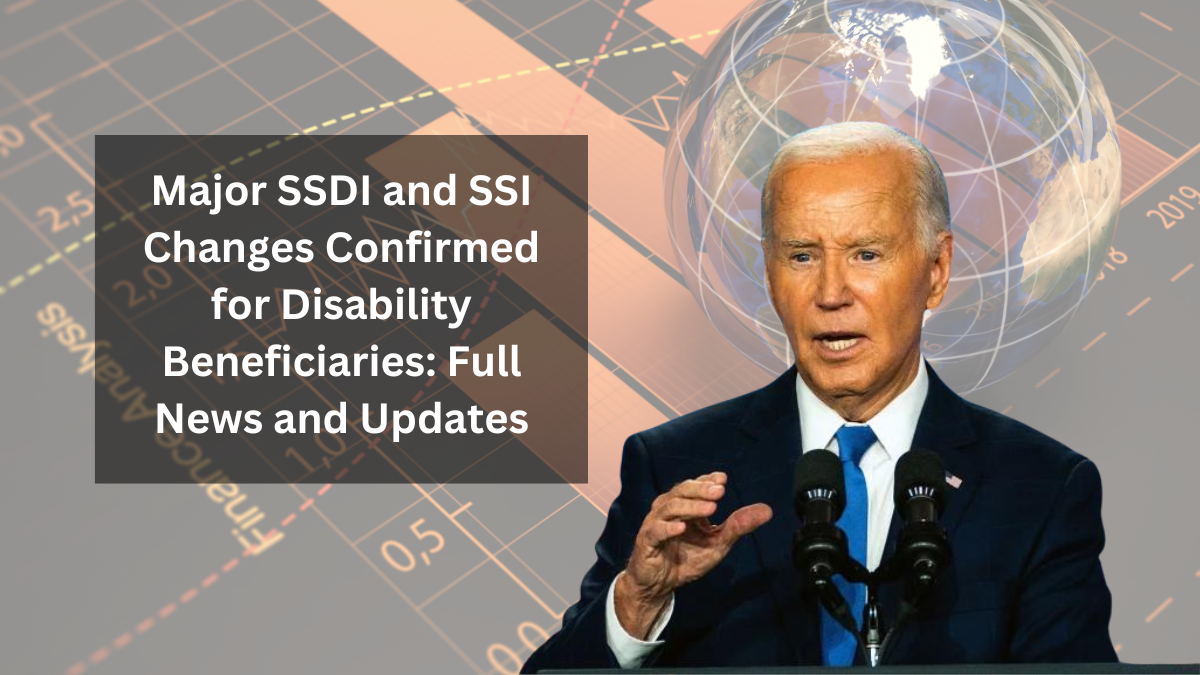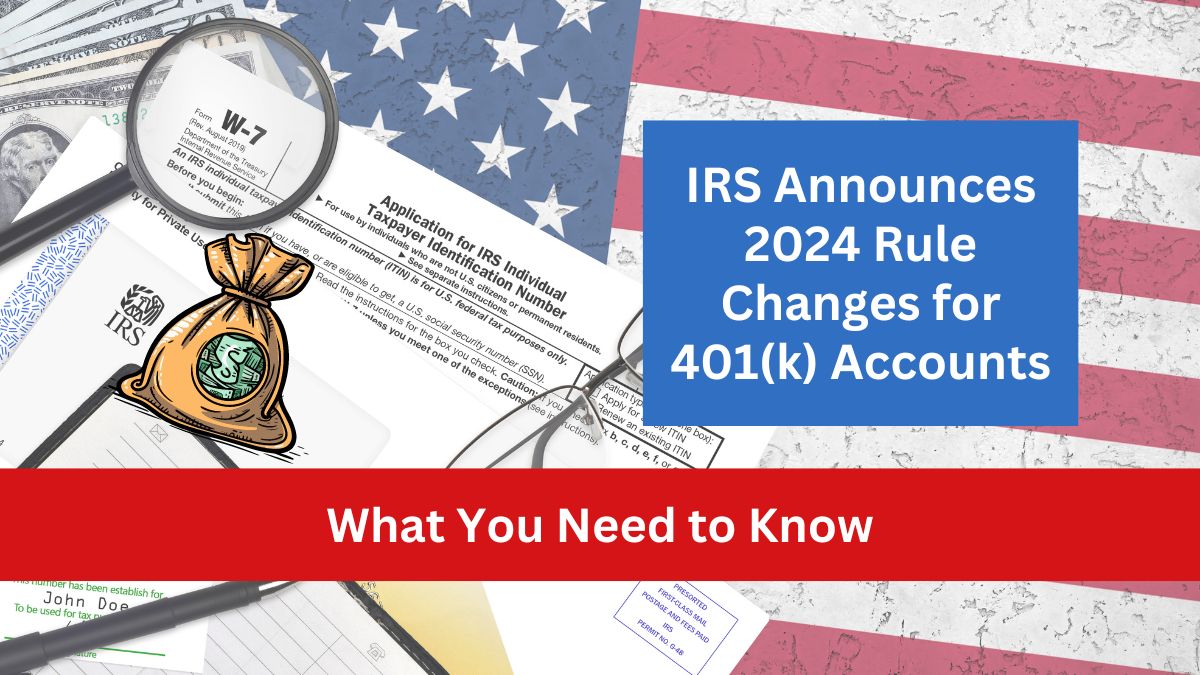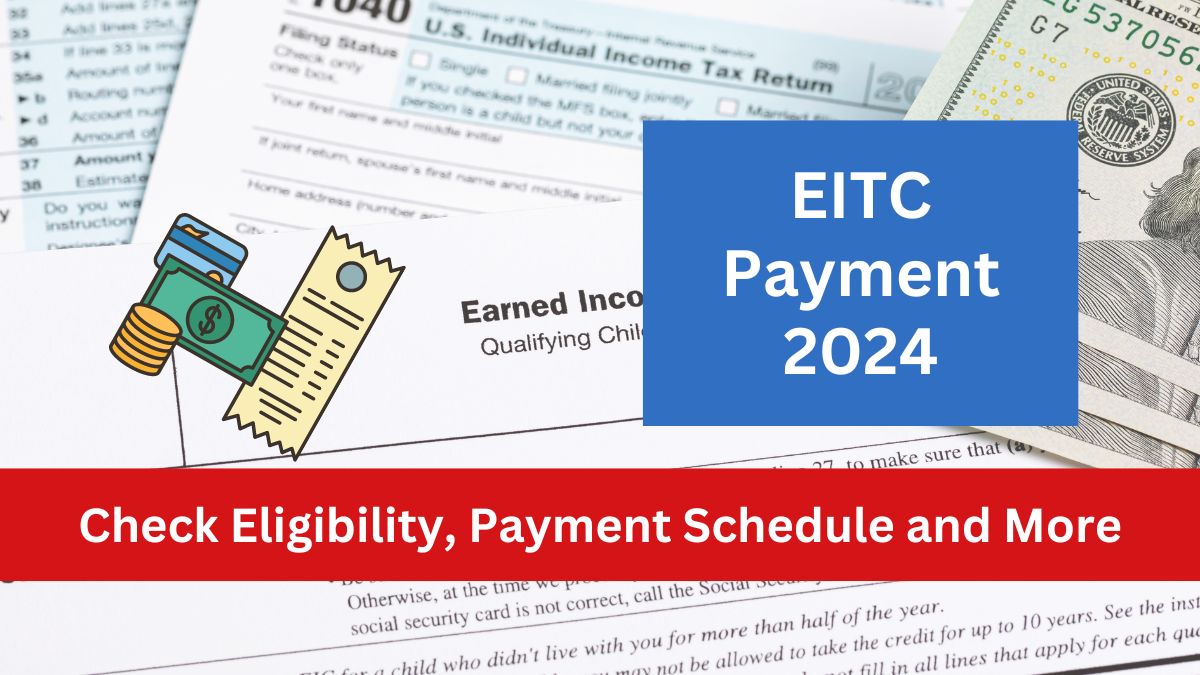Stay updated on the significant changes coming to SSDI and SSI for disability beneficiaries. The Social Security Disability Insurance (SSDI) and Supplemental Security Income (SSI) programs are federal assistance initiatives managed by the Social Security Administration (SSA) and overseen by the U.S. government.
These programs are designed to provide financial support to disabled individuals and senior citizens. This article will provide an overview of the upcoming changes to SSDI and SSI that will affect beneficiaries.
SSDI and SSI Payment Benefits
The SSDI and SSI programs were established by the U.S. government to provide financial assistance to elderly individuals and adults with certain disabilities who lack sufficient income to cover essential expenses.
These welfare programs are administered by the Social Security Administration (SSA) to ensure a comfortable retirement and financial stability for those in need.

SSI is funded by the U.S. Treasury General Funds, meaning it is not supported by Social Security taxes. In contrast, SSDI is primarily financed through Social Security Administration payroll taxes. Employees and employers are required to pay an SSDI tax of 0.9% on earnings up to the SSA tax cap.
Upcoming Changes to SSDI and SSI Payments
The Social Security Administration (SSA) is set to implement new rules aimed at making it easier for eligible beneficiaries to access payment benefits. These changes could result in increased payments for some recipients.
Currently, around 7 million Americans receive monthly benefit checks. These benefits are provided to seniors aged 65 and older, as well as disabled or blind adults with little to no income and resources.
Key changes to SSDI and SSI payments include:
- Increased Payments: Social Security benefits are set to increase by 3.2% in 2024.
- Tax Rates: The Social Security tax rate for employees is 6.2%, while the rate for self-employed individuals is 12.4%.
- Maximum Payouts: The maximum payout for an individual who retires at full retirement age is $3,822, while those retiring at age 70 can receive up to $4,873.
- Earnings Limit: In 2024, recipients can earn up to $22,320 before any reductions are applied. If earnings exceed this limit by $2, then $1 will be deducted from the benefits.
- Credit Requirements: Individuals born in 1929 or later must earn a minimum of 40 credits, with the amount required to earn a single credit increasing annually. In 2024, the earnings per credit will be $1,730.
- Medicare Premiums: Medicare Part B premiums have increased from $164.90 in 2023 to $174.70 in 2024, with an annual deduction of $240.
- Food Assistance: The SSA will no longer count food assistance in determining SSI benefits. Receiving support from other sources may lead to a reduction in SSI benefits.
SSDI and SSI Payment Eligibility
To receive SSI and SSDI benefits, beneficiaries must meet specific eligibility criteria set by the government to ensure that only qualified individuals receive assistance.

The eligibility requirements are as follows:
SSI Entitlement:
- Beneficiaries must have a low income.
- Applicants must have limited assets, not exceeding the capped amount.
- Claimants must have limited financial resources.
- Individuals must be U.S. citizens.
SSDI Entitlement:
- Individuals must be unable to work due to severe health conditions.
- Applicants must be younger than full retirement age.
- Beneficiaries must meet the SSA’s definition of disability.
- Individuals must meet other specific eligibility criteria and stay updated through the SSA and U.S. government official websites.
SSDI and SSI Payment Process
Individuals can claim SSDI and SSI benefits online through the following steps:
- Visit the official SSA website.
- Apply through the disability application available on the website.
- Fill out the required fields in the application form.
- Attach relevant documents, verify the details, and submit the application.
If an individual is deaf or hard of hearing, they can contact the authorities at 1-800-772-1213 for assistance. For more detailed information, visit the official government web portal.
Conclusion
The U.S. government has made several changes to SSDI and SSI programs in response to rising inflation and the increased cost of living. These changes aim to provide additional support to individuals facing financial challenges. As economic conditions evolve, various organizations are expected to collaborate to address future economic hardships.
Q1. What are the major changes to SSDI and SSI payments in 2024?
A. The SSA is implementing new rules that include a 3.2% increase in Social Security benefits, adjustments to tax rates, and changes in the maximum payouts and earnings limits.
Q2. How is SSI funded compared to SSDI?
A. SSI is funded by the U.S. Treasury General Funds and is not supported by Social Security taxes. SSDI, on the other hand, is primarily financed through Social Security Administration payroll taxes.
Q3. What is the new earnings limit for SSDI and SSI recipients in 2024?
A. In 2024, recipients can earn up to $22,320 before reductions are applied, with $1 deducted for every $2 earned above this limit.
Q4. What are the eligibility requirements for receiving SSI benefits?
A. Eligibility for SSI benefits requires low income, limited assets, U.S. citizenship, and meeting specific financial resource criteria.
Q5. How can individuals claim SSDI and SSI benefits online?
A. Individuals can claim benefits by visiting the SSA website, applying through the disability application, filling out the required information, attaching necessary documents, and submitting the application.












